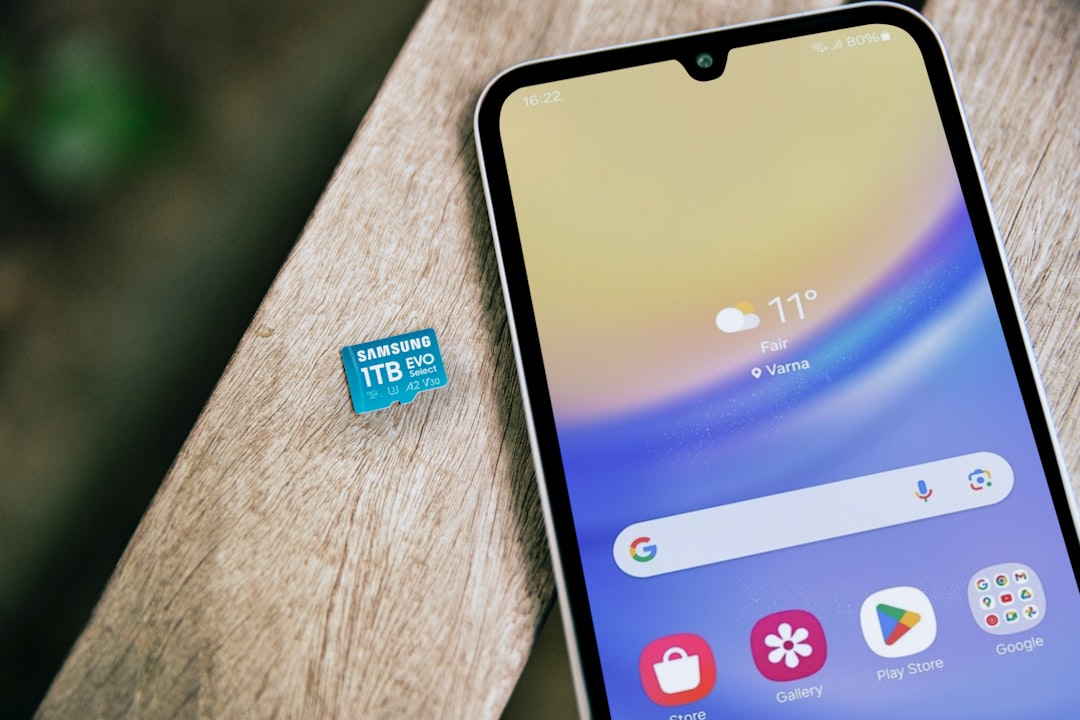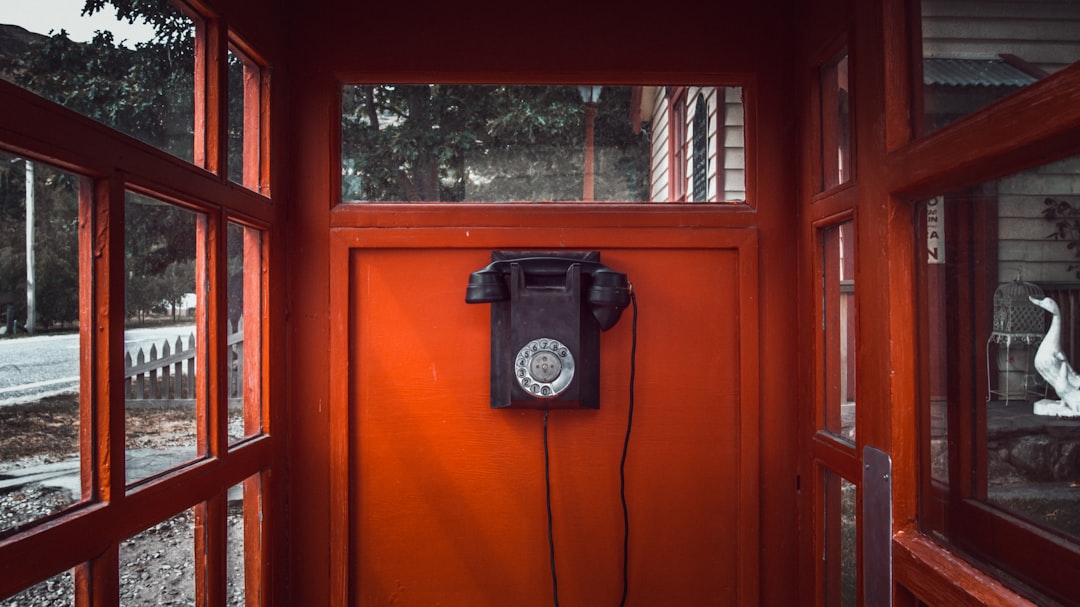Maine's stringent spam call laws protect residents from unsolicited marketing, with significant implications for spam call law firms operating within the state or serving Maine clients. Commercial calls, including legal services, must adhere to strict guidelines to avoid penalties, reputational damage, and legal consequences. Serving papers on out-of-state callers requires a meticulous process involving correct court identification, obtaining summons and complaints, adherence to Maine's rules of civil procedure, and engagement of professional legal services for accurate service. Best practices include verifying contact info, using reliable servers, maintaining detailed records, and staying updated on evolving spam call law firm regulations.
In Maine, strict spam call laws protect residents from unwanted telemarketing. For law firms engaging in out-of-state communications, understanding and adhering to these regulations is crucial to avoid legal implications. This article guides you through the process of serving papers on remote callers, highlighting key steps and best practices for effective and compliant service within Maine’s legal framework. Learn how to navigate the spam call landscape to ensure your firm remains in compliance while reaching clients across state lines.
Understanding Maine's Spam Call Laws and Their Implications for Law Firms

Maine has stringent laws in place to combat spam calls, aiming to protect residents from unsolicited and unwanted telephone marketing. These regulations have significant implications for law firms operating within the state or engaging with Maine clients. Any call made for commercial purposes, including legal services, must adhere to strict guidelines. Failure to comply can result in penalties, damage to reputation, and even legal repercussions for the offending firm.
Law firms doing business in Maine need to understand these spam call laws thoroughly. This includes recognizing legitimate client outreach from unwanted solicitation. By respecting Maine’s privacy rights and implementing robust internal practices, law firms can ensure they remain compliant while effectively connecting with prospective clients who seek their professional services.
The Process of Serving Papers on Out-of-State Callers

Serving papers on out-of-state callers, particularly those who are violating spam call laws, involves a structured process designed to ensure due diligence and legal validity. In Maine, this begins with identifying the proper court or jurisdiction where the lawsuit can be filed, considering the nature of the case and the location of the defendant. Once established, the plaintiff’s attorney or legal representative must obtain a summons and complaint from the court, documents that formally notify the defendant of the pending legal action against them.
The next step is to have these papers served on the out-of-state individual or entity in compliance with Maine’s rules of civil procedure and federal laws governing interstate service of process. This can be achieved through professional legal services specializing in interstate service, ensuring that all procedures are followed accurately and securely. The goal is to provide clear, indisputable notice, which is crucial for maintaining the integrity of the legal process and safeguarding the rights of all parties involved, especially in cases related to spam call law firms Maine.
Best Practices for Effective and Compliant Service in Maine

When serving process on out-of-state callers in Maine, adhering to best practices ensures both effectiveness and compliance with local laws, specifically the state’s anti-spam call firm regulations. Start by verifying the accuracy of all contact information; incorrect or outdated details can lead to service failures and potential legal issues. Utilize reliable process servers who are familiar with Maine’s rules and procedures to avoid any missteps.
Maintaining detailed records is crucial. Document every attempt to serve process, including dates, times, and methods used. This diligence not only helps in proving compliance but also facilitates efficient tracking of cases. Additionally, stay informed about Maine’s evolving spam call laws; regular updates ensure your firm remains compliant and can adapt practices as needed.





